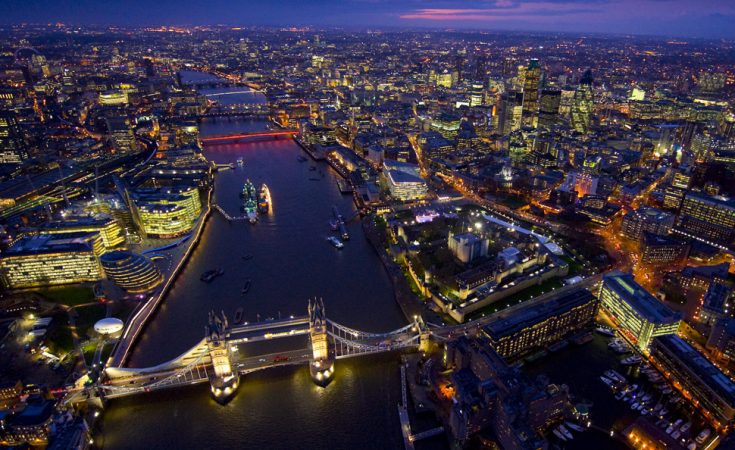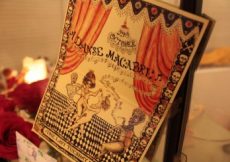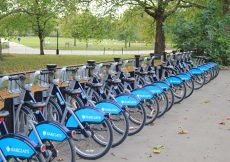I’ve been feeling a fair amount of blogging guilt of late. Writing is all very well and good until you stop / simply don’t have enough hours in the day to do it. My desire to keep on creating turns into a bit of nervous twitch if I don’t fulfil it. My excuse? My Room of One’s Own has been shifted from North-of-the-River to South-of-the-River with a fairly monumental London house move.
If you’re not a Londoner you won’t really get what I’m talking about. If you’ve just moved here, get ready to hear the following come up in quasi-sloshed conversations within your new London circles:
“North-of-the-River is better than South-of-the-River”.
Or, conversely:
“South-of-the-River is better than North-of-the-River”.
West and East can also be inserted fairly interchangeably. Are you getting the picture? It’s the classic Romeo and Juliet, West Side Story, North-End chants to South-End at football match scenario. The matter of difference can be alarming; we’re afraid of what we don’t know. Or, more specifically, we’re afraid of entering new territories, of disrupting the comfortable past.
I grew up in the home counties in North-West London and, bar four years at uni in Cardiff, I’ve been existing as a ‘young professional’ in Tufnell Park (one of the Northern Line’s finest). Now I live in that famous SW19 postcode, Wimbledon, where there’s no ‘Southern Line’ to keep me satisfied.
Crossing the Thames feels like entering another country. It’s so alien. The people talk funny and the trees grow differently. OK, so there’s little difference between leafy Tufnell Park and leafy Wimbledon, but it’s so strange how it’s intrinsically built into us to see the alien in everything, to feel uneasy around borders.
There’s a fascinating examination of nostalgia for fear of the unknown in Gloria Anzaldúa’s Borderlands/La Frontera. The author examines how we cling to this fear because it makes us comfortable, yet we happily let borders (physical or otherwise) divide us. We want commodities of difference to be fixed, controlled and policed. It’s almost like we’re happy being departmentalised.
Perhaps what I associate as home is the past, the familiar nostalgia; the present is all too foreign.
I’m reminded of an opening to a book I once read: “The past is a foreign country; they do things differently there”.
It’s not the Thames that divides anything, it’s our own irrationalities.
North is best. South is best. I’m embracing both.





No Responses